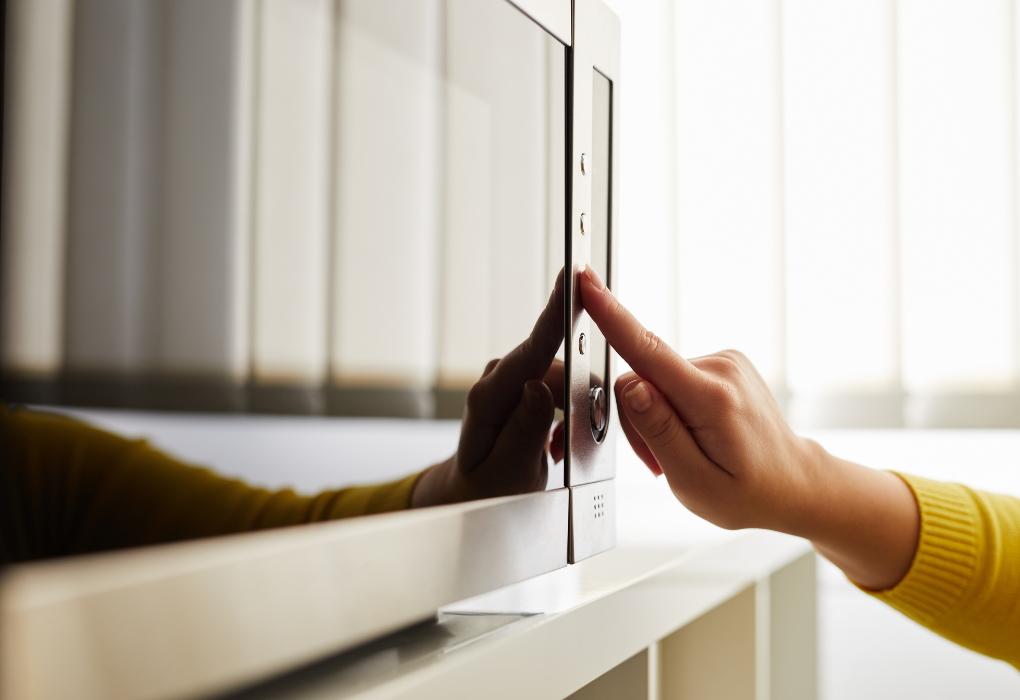There are a ton of misconceptions about microwaving food, such as the safety and quality of the food that we consume. Let’s break down these myths and set the facts straight.
Myth #1: All Plastics are Harmful
The Facts: Not all plastics are created equal. Some plastics are safe to use in the microwave, and others are not. Let’s break it down:
Safe Plastic
- Non-toxic #5 PP (polypropylene) plastic – known for its durability, safety for food contact.is Bonus: it’s accepted for curbside recycling in some communities
- Containers labeled as “microwave-safe” and “dishwasher-safe” – this means the plastic is tested to ensure it won’t melt or release harmful chemicals and plasticizers such as BPA, BPS and phthalates when heated
Not So Safe Plastic
- Plastics that are older and scratched, which means they are more likely to break down and leach chemicals
- Takeout containers that are meant for single-use
Overall, it’s important to have a good understanding of what plasticizers really are to look out for safe products in your everyday life, not just Little Spoon!
Myth #2: All Plastic Releases Harmful Chemicals When Heated
The Facts: While it’s true that some plastic wraps may leach chemicals when heated, FDA-compliant microwave-safe plastic wraps are designed to be safe for this purpose. Little Spoon’s Biteables and Plates have a proprietary Freshlock seal that preserves the freshness of the food and is a specially designed heat-and-food safe plastic that does not leach. When these meals go into the microwave, the seal naturally steams your meal and cooks everything evenly. You may see the seal inflate as it steams or hear some popping noises as it heats – don’t worry, this is totally normal and safe!
Myth #3: Microwaves Compromise the The Nutritional Value of Food
The Facts: Microwaving has a similar impact on nutrients as other cooking methods such as frying or baking. Nutrient loss during cooking is more related to temperature and cooking time than the method itself. Since microwaves cook food quickly and use less water, they may actually help retain vitamins and minerals better than methods that involve longer cooking times or water-based cooking like boiling, which leaches nutrients. All of Little Spoon’s heat-and-eat meals like Biteables or Plates, only require up to 95 seconds in the microwave which is relatively short compared to other cooking methods. The proprietary Freshlock seal helps preserve the freshness of the food, as well as the quality of the flavor and texture. Microwaving is considered a healthy and convenient option for reheating meals, especially when you are strapped for time ;).



